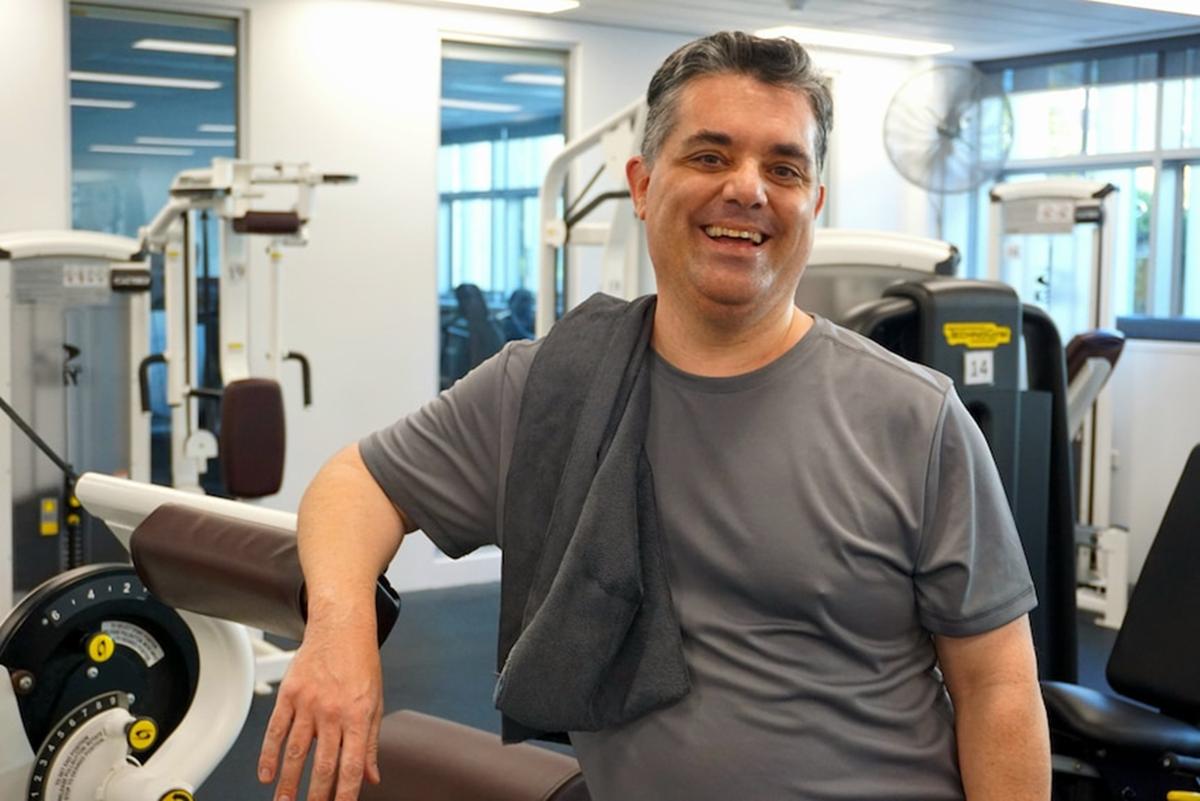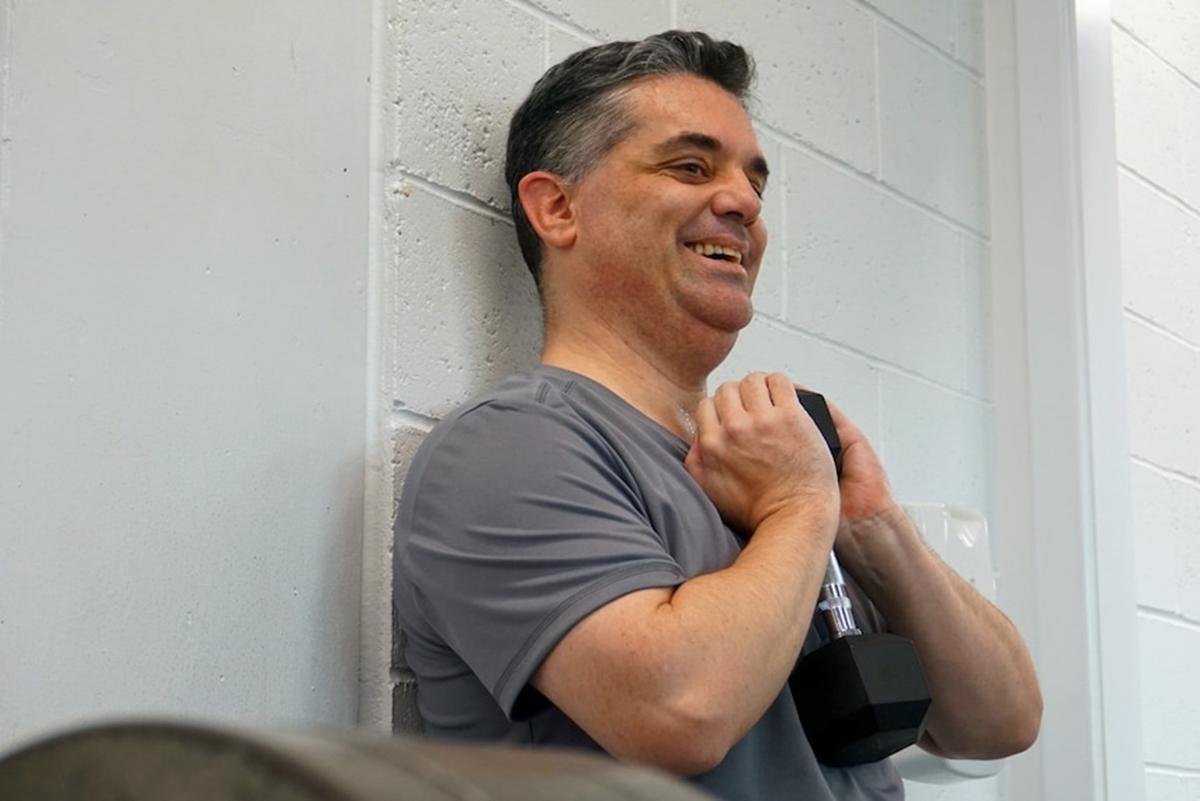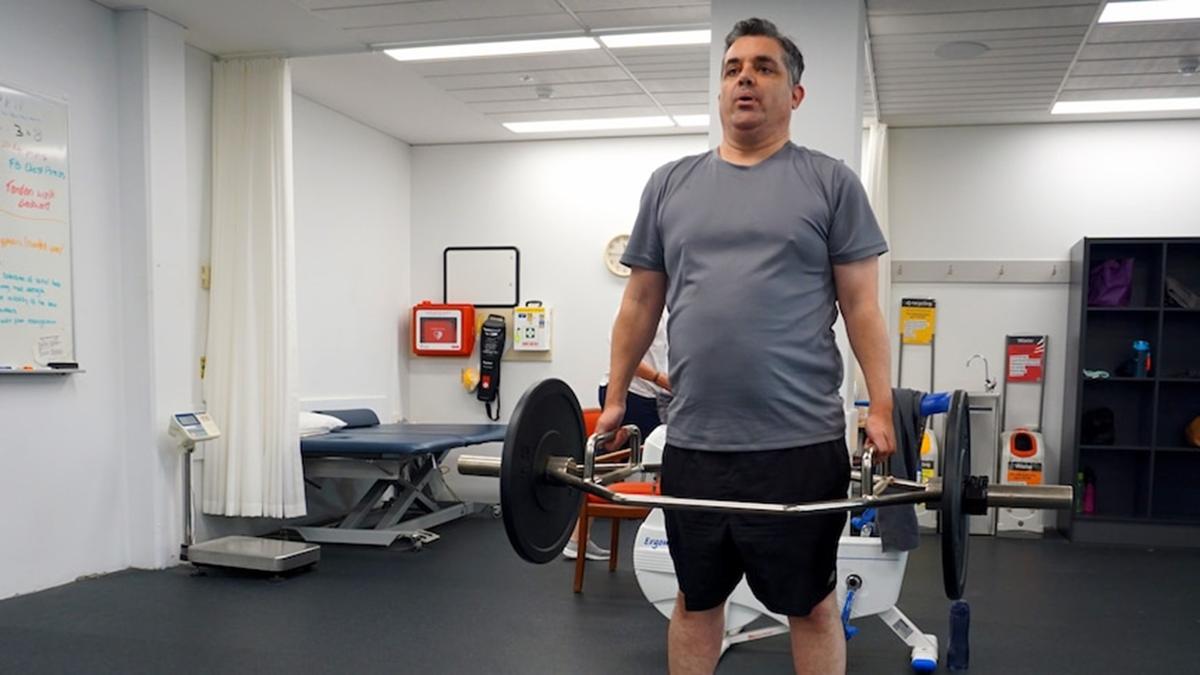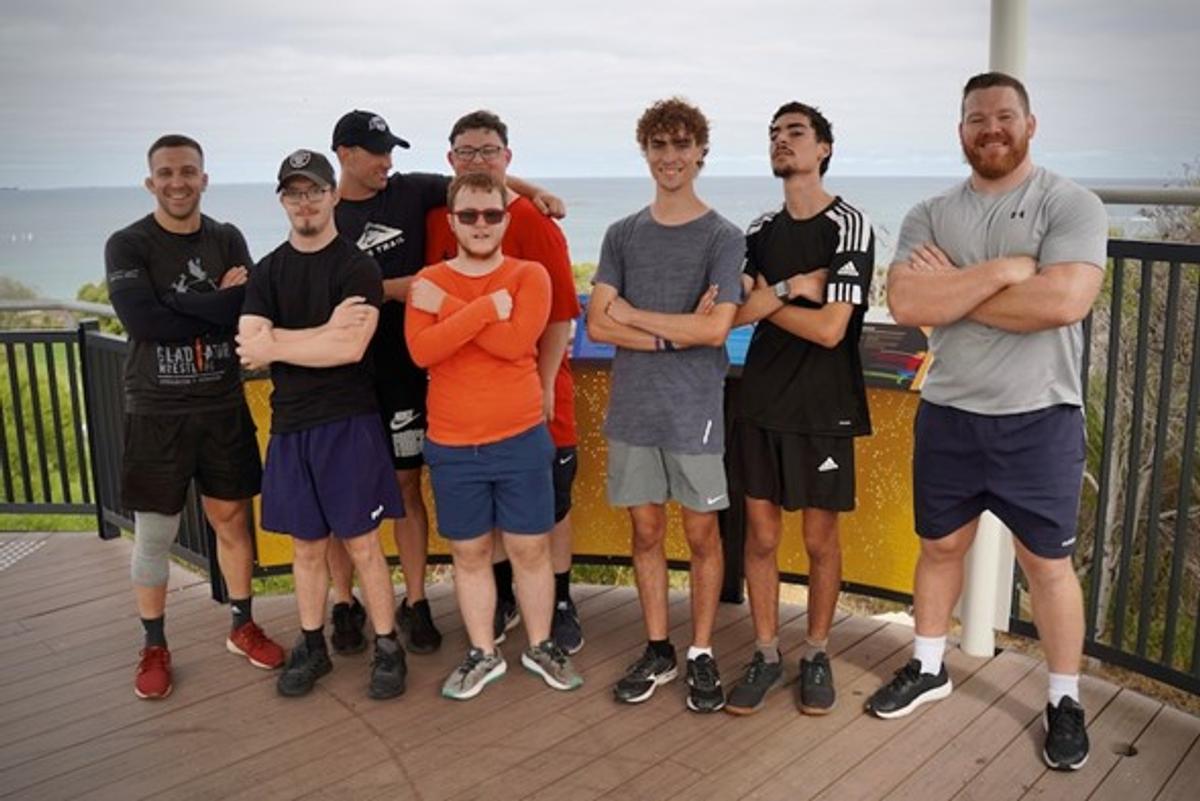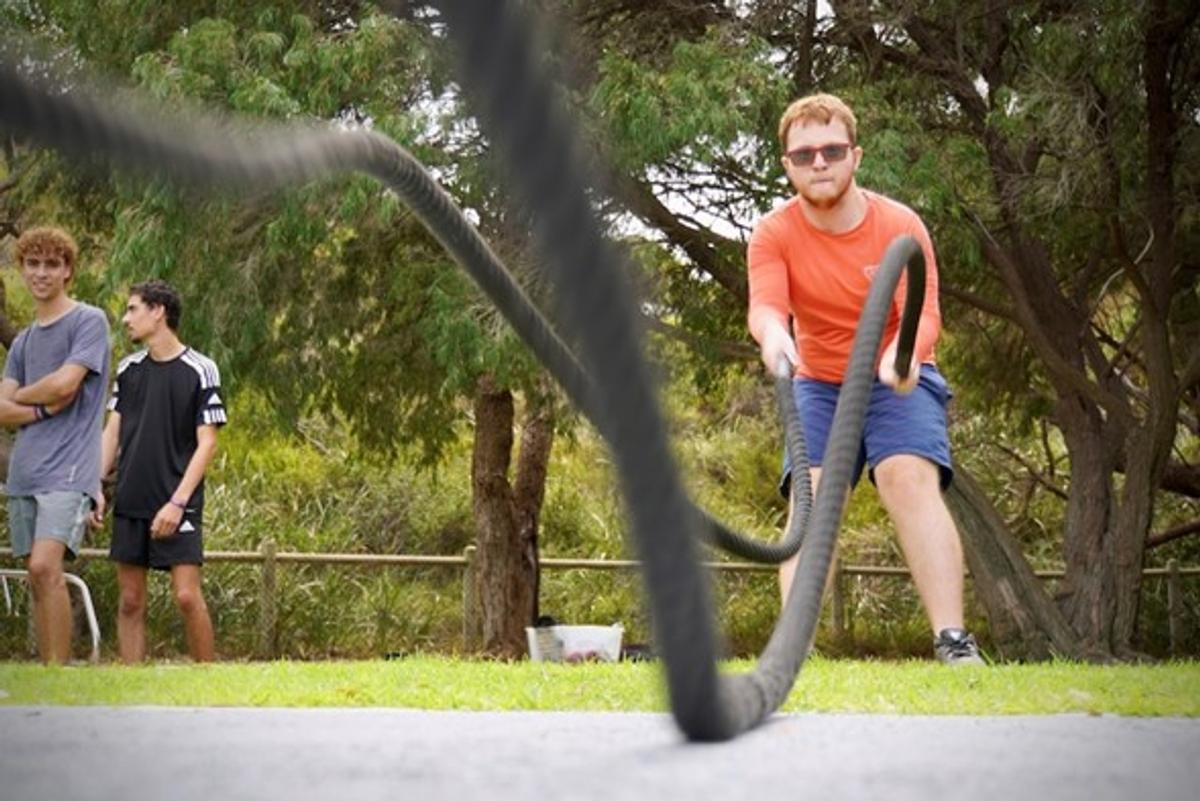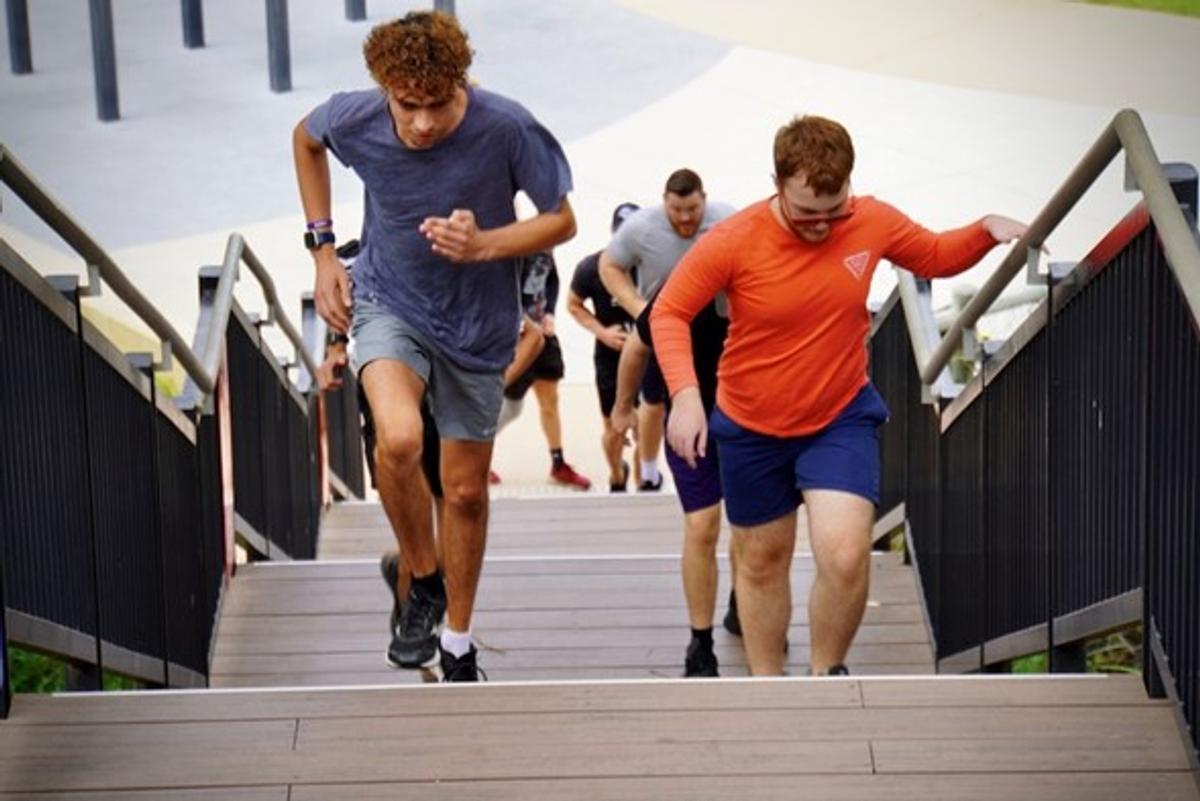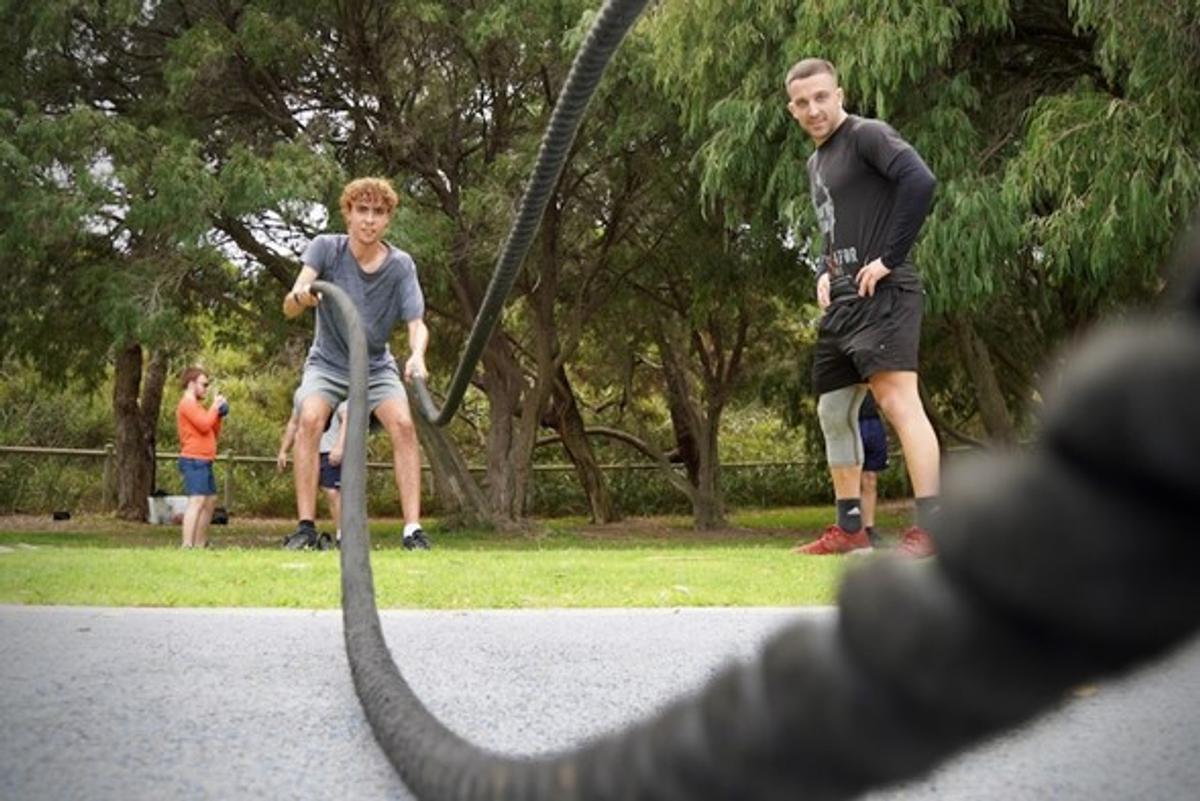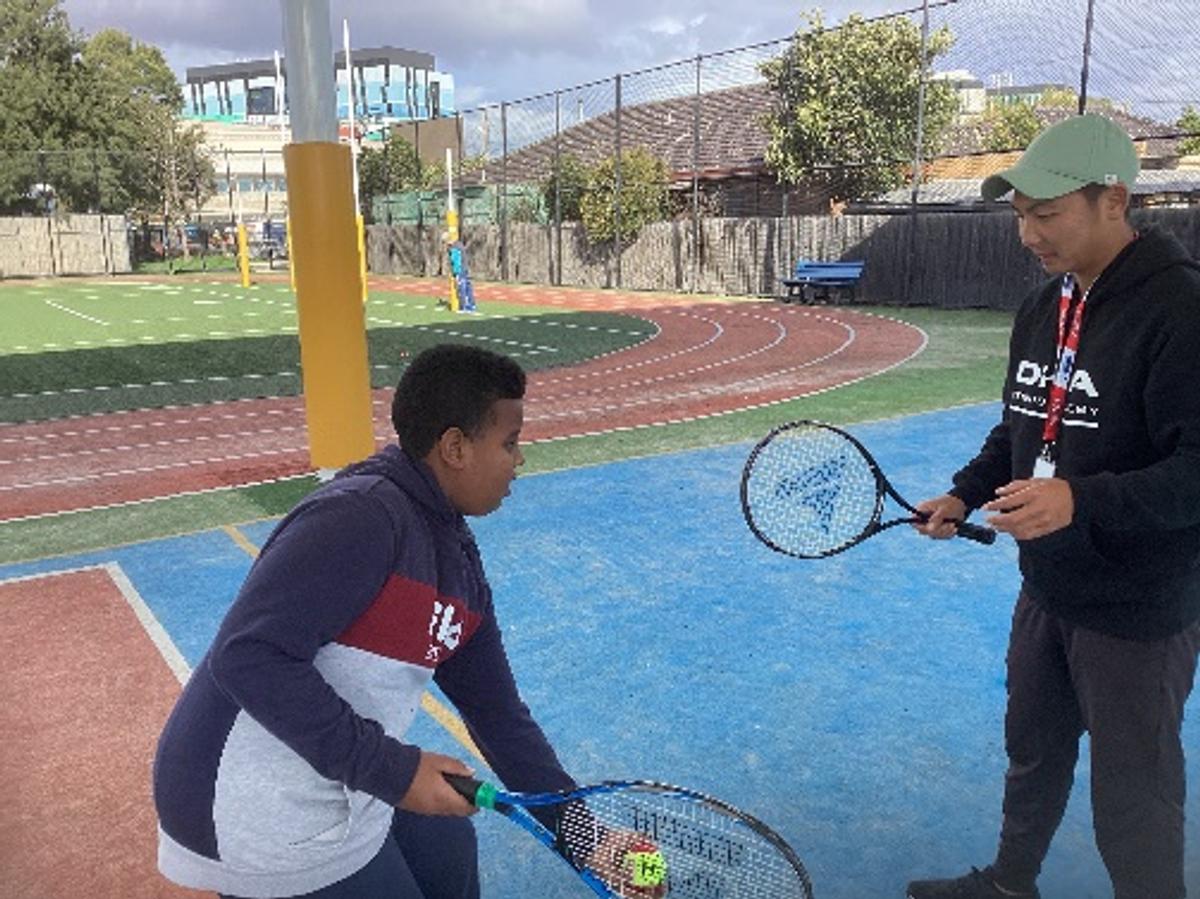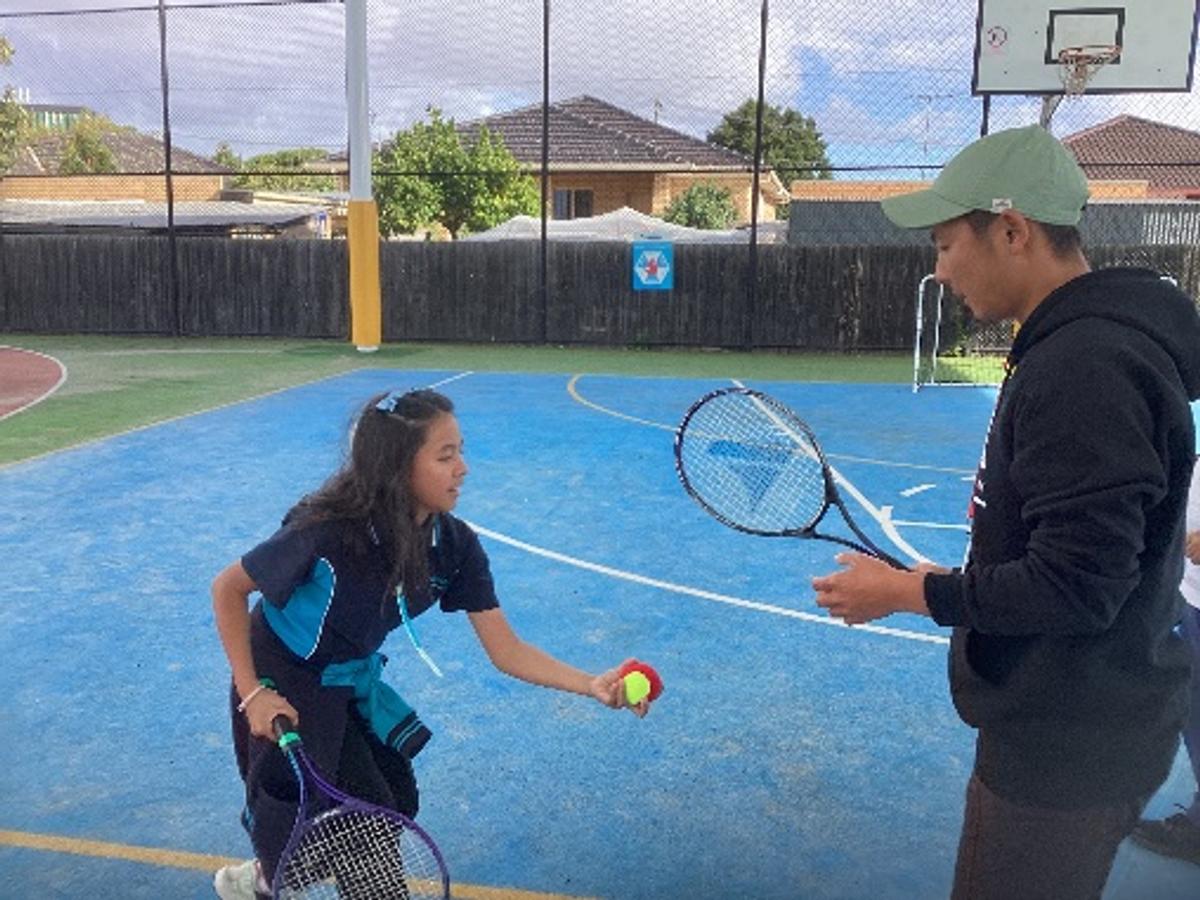Health & Wellbeing News

ALLIED HEALTH
Term 2 Placement Students:
Hello everyone, our names are Matilda and Amy! We are occupational therapy students from La Trobe University who are joining Jackson School for term 2 to complete our 8-week placement!
We are very excited to get to know the students, staff and the functions within the school. If you see us around come and introduce yourself by saying hello!
Fun facts about Matilda
My favourite colour is pink
I like to dance
My favourite food is tacos
Fun facts about Amy
I enjoy playing netball
I like travelling
I have 2 pet cats
HEALTH AND FITNESS
Welcome back and Eid Mubarak to all that have recently ended their holy month of Ramadan. Well done!
I’m going to start off by sharing an article that I came across over the holidays. Actually, the author has asked me to share it with my community and it will, in part, explain the direction that Jackson School has adopted over the last five years with regard to Health and Fitness. The author, Nick McAllister, is an ABC journalist and is autistic. It is a very interesting read. I have split the article and in the next newsletter I will include his thoughts about nutrition. The first part of his article focuses on Fitness and movement.
Exercise and good nutrition can be hard for people with autism, but expert help can overcome some of the obstacles
ABC journalist Nick McAllister, who has autism, shares the challenges he faces when trying to keep fit.
Help keep family & friends informed by sharing this article.
https://www.abc.net.au/news/2023-04-23/autism-spectrum-disorder-fitness-diet-foodbank/102209662
It's hard enough for most people to keep fit and healthy, but those of us with autism have a host of other obstacles to overcome.
Key points:
- Australian children with a disability are more likely to be overweight
- People with a disability face unique challenges when it comes to fitness
- Experts have shared their tips on exercise and nutrition
Problems with motor skills, including balance and coordination, can all add to the challenges of getting and keeping fit.
According to figures from the Australian Institute of Health and Welfare, in 2017-18, Australian children aged 5-14 who had a disability were more likely to be overweight or obese (30 per cent) than those without a disability (24 per cent).
The first large-scale study in 2020, conducted by King's College London, showed autistic adults are more likely to be considered an "unhealthy" weight — underweight, overweight and obese — than they are to be in the healthy weight category.
As a person with autism, I've continually struggled with my weight and with staying motivated to exercise.
Nick McAllister says people with autism have a host of other obstacles to overcome when it comes to exercise.
Despite engaging the services of numerous personal trainers, ultimately they haven't been able to motivate me, and I've felt a sense of frustration about not seeing results.
Communication is key
My current exercise physiologist Jake Nimmo is trying to work with me on my coordination and balance, as well as keeping me motivated during our sessions.
He's already noticed some beneficial changes, telling me my aerobic capacity had improved greatly since I began exercising, and that my energy levels were far greater.
Nick McAllister says his work with trainer Jake Nimmo is having a positive impact.
According to Jake, my strength levels have also increased and my movement patterns are much more efficient.
Good communication with me has been essential, and I've talked with Jack about barriers to exercise, as well as what I do and don't enjoy.
We discuss topics that take my mind off the harder exercises, and sometimes Jake performs these exercises with me.
These strategies help me associate exercise with fun, rather than viewing it as hard and negative.
A fitness trainer encourages a participant during a program for people with disability.
Building confidence through exercise
Strong Saturdays, a programme in Perth's northern suburbs, is specifically aimed at supporting people with disabilities to build confidence through health and fitness.
Roman Wright (right) takes part in a fitness program for people with disability
Participants work-out using outdoor exercise equipment and stairs at a beachside location.
Roman Wright, who is autistic, regularly attends Strong Saturdays to get stronger, healthier and feel more confident.
Roman Wright says he feels healthier and more confident after taking part in the program.
"When I first started, I feared the stairs and feared falling. Now I'm more confident," he said.
Roman said he looked forward to Strong Saturdays as he enjoyed catching up with his friends, exercising together and sharing a healthy lunch afterwards. Trainers (far left and right) pose with some of the fitness class participants.
SPORTING SCHOOLS COACHING PROGRAMS TERM 2
At the end of Term 1, Jackson School applied for and received grants totalling $4700 to provide coaching programs for students from Yr 3-10. This term, students in Year 3/4 are being coached in Taekwondo by Will Tran and his team from Hall’s Taekwondo in Sunshine over 4 sessions. Students in Year 4-6, are undertaking Tennis Coaching provided by Darren Ha and his coaches from his tennis academy which is based in St Albans. Students in Yr 7/8 are receiving basketball training delivered by coaches from the Westgate Basketball Association. Westgate Basketball is based in Footscray. Finally, our Yr 9/10 students are currently undertaking a coaching program in Football (soccer) with coaches provided by Football Victoria. Sessions commenced this week and have been held under our new shaded basketball court provided via the wisdom and foresight of the Jackson School Council and school leadership team. The new covered areas will now enable these coaching programs to be held in all types of weather conditions.



